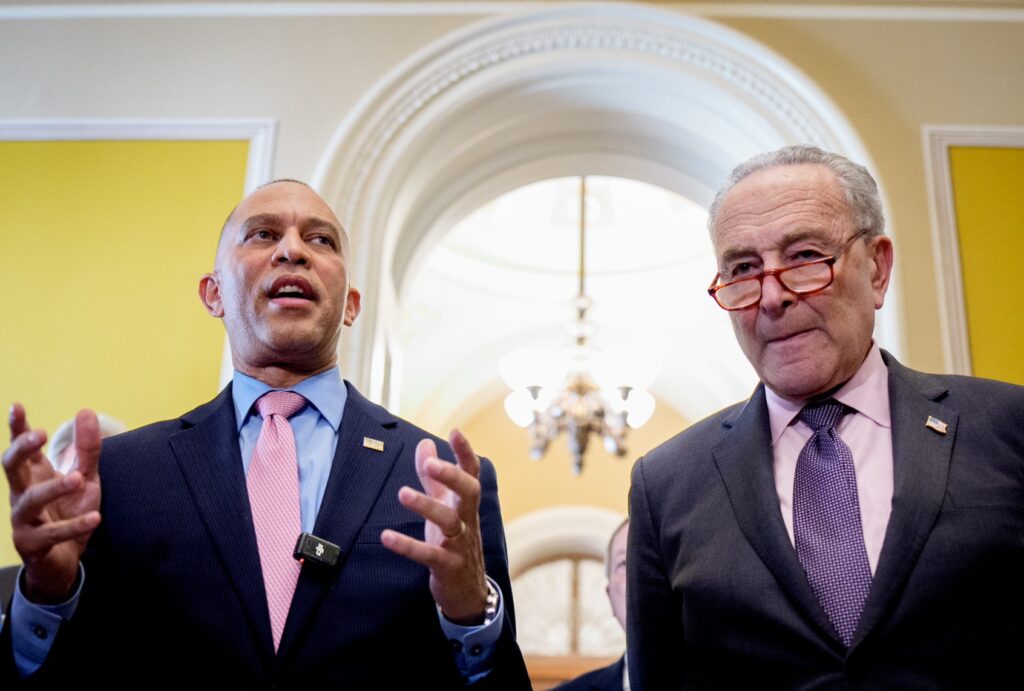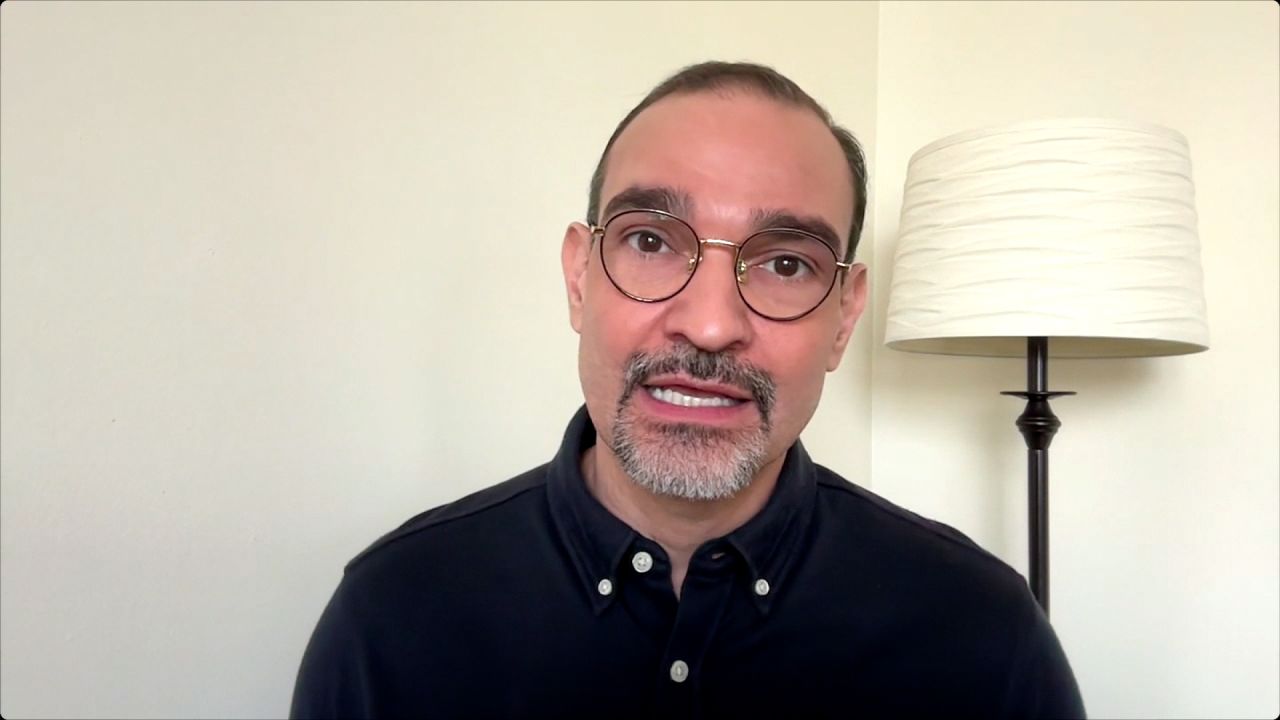
As the threat of a government shutdown draws closer, Congressional Democrats have adopted a united front against a backdrop of disarray within the Republican Party. This shift signals a potential turning point in ongoing budget negotiations, showcasing a more assertive stance from Democrats as they seek to address key issues, including healthcare.
The looming shutdown is tied to persistent budgetary disputes, reminiscent of past conflicts. In a notable contrast to his earlier rhetoric, former President Donald Trump recently opted not to meet with Democratic leaders after initially agreeing to the discussion. Instead, he took to social media platform Truth Social, where he claimed that he would not engage unless Democrats capitulated to a series of unfounded demands, including controversial topics he had conjured.
A report from POLITICO indicated that Trump’s decision to withdraw from the meeting stemmed from a request by GOP congressional leaders, who recognized the risks of allowing him unsupervised interactions with Democrats. As tensions escalate, Trump is expected to meet with leaders from both parties on Monday afternoon. House Minority Leader Hakeem Jeffries and Senate Minority Leader Chuck Schumer have expressed their commitment to preventing a government shutdown and addressing what they term the “Republican healthcare crisis.” They emphasized that “time is running out” to negotiate a solution.
Strikingly, while Democrats seem to be coalescing around a common agenda, Republicans find themselves deeply divided on strategy. Some party leaders, such as Senate Majority Leader John Thune, advocate for a straightforward approach, criticizing Democrats for not agreeing to a clean continuing resolution to fund the government for an additional seven weeks. In contrast, House Speaker Mike Johnson has taken a more aggressive stance, framing Democrats as obstructing essential legislation.
The absence of discussions about bipartisanship is notable, particularly given recent remarks from Office of Management and Budget Director Russell Vought. Vought has argued for a more partisan appropriations process, suggesting that a lack of bipartisan cooperation could ultimately lead to greater collaboration in the future. His comments resonate with sentiments expressed by anti-tax advocate Grover Norquist, who has historically characterized Democrats’ role in government as one that should be minimized.
Additionally, Vought has indicated that the Office of Management and Budget plans to implement drastic measures, including mass firings across government agencies, if a shutdown occurs. Such threats, while intended to intimidate, have lost their potency, as previous attempts at workforce reductions have proven unsuccessful. Reports from NBC News noted that hundreds of federal employees previously laid off are now being asked to return, undermining the credibility of the administration’s threats.
Democrats appear to have recognized that the tactics employed by Republicans—characterized by threats and misleading statements—are now the standard operating procedure of the party. They are now pushing for the restoration of healthcare cuts included in the One Big Beautiful Bill Act, which stand to impact millions of Americans, including many in Republican constituencies. With midterm elections approaching, Democrats are aware that the fallout from potential healthcare losses could lead to increased backlash against Republican lawmakers.
While the Republican Party currently controls both the White House and Congress, the pressure on Democrats to avert a shutdown is significant. Yet, the party remains resolute, driven by a base that is increasingly alarmed by the actions of the administration and its allies. As negotiations continue, the political landscape remains fluid, and the outcomes of these discussions will have lasting implications for both parties.
Ultimately, the unity displayed by Democrats and the evident discord within the Republican ranks may reshape the dynamics of power as the deadline for a government shutdown approaches. With 263 million Americans having voted against the current administration’s policies, Democrats feel an obligation to advocate for their constituents and ensure their voices are heard in Washington, D.C.






